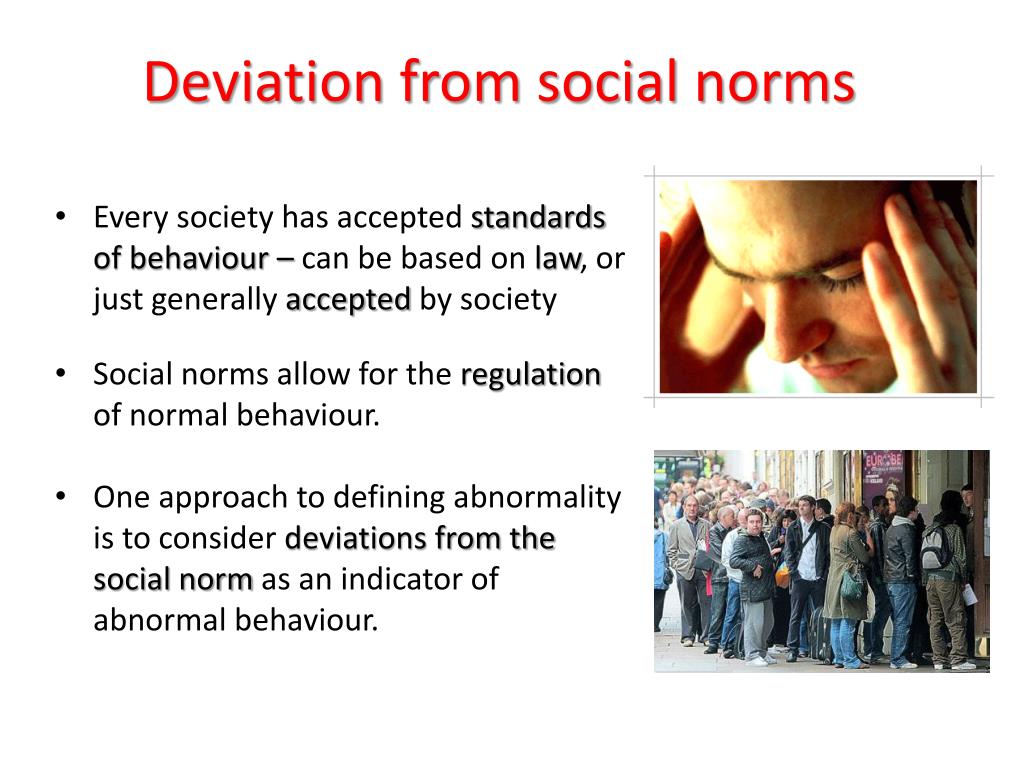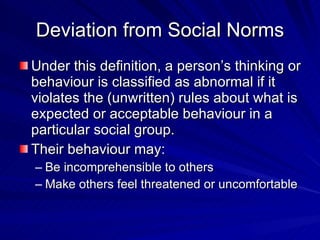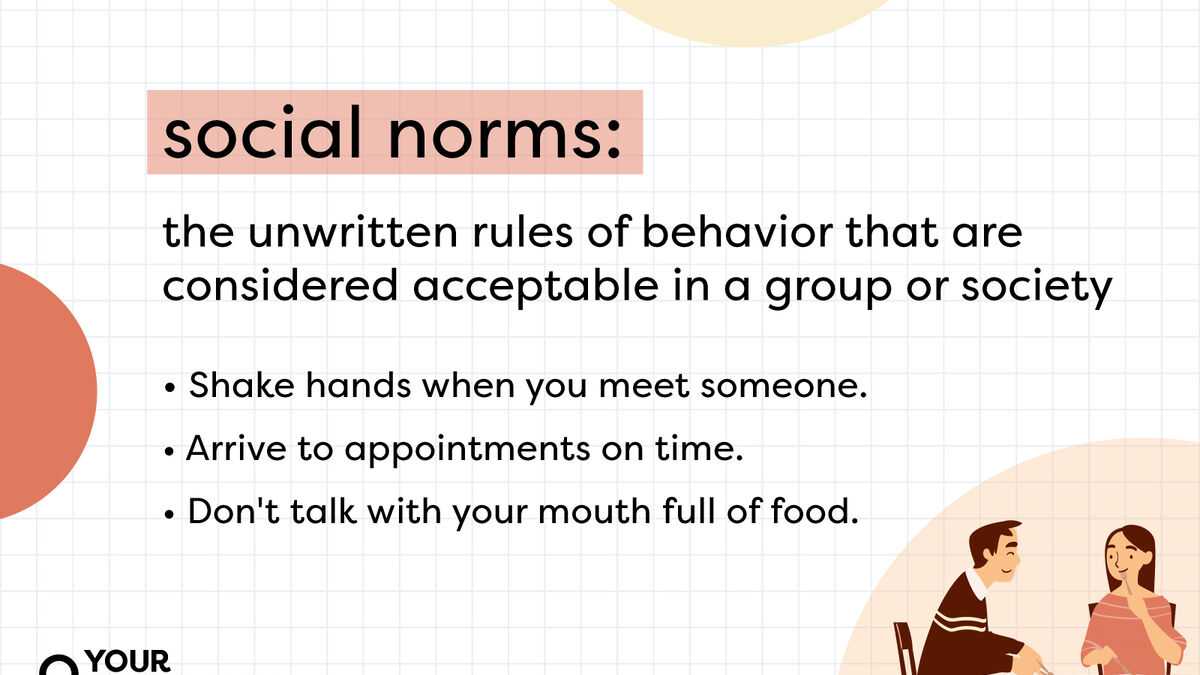Deviation from social norms refers to behavior that deviates from the expected or accepted norms of a society or group. These norms can be explicit, such as laws, or implicit, such as cultural customs and expectations. When individuals deviate from social norms, they may be met with criticism, ridicule, or punishment, depending on the severity of the deviation and the values of the society in which it occurs.
There are many different factors that can contribute to deviation from social norms. For example, individuals may deviate from norms due to personal beliefs, values, or experiences that are different from those of the majority. Others may deviate from norms due to mental health issues, addiction, or trauma. Additionally, deviation from norms can be influenced by social and cultural factors, such as the level of diversity within a society or the degree of social mobility.
While deviation from social norms can be seen as problematic or disruptive, it can also have positive effects. For example, deviation from norms can lead to the development of new ideas and practices, which can ultimately lead to social change and progress. In some cases, deviation from norms can challenge and disrupt oppressive or discriminatory systems, leading to greater equality and justice.
However, it is important to recognize that deviation from norms can also have negative consequences. For example, deviation from norms that involve breaking the law or engaging in harmful behavior can lead to social conflict and harm to individuals or communities. It is also important to consider the context in which deviation from norms occurs, as certain behaviors may be acceptable in one society but not in another.
Overall, deviation from social norms can have both positive and negative consequences, and it is important to consider the context and impact of such deviations. While deviation from norms can lead to progress and change, it is important to approach it with respect and consideration for the values and beliefs of others.







